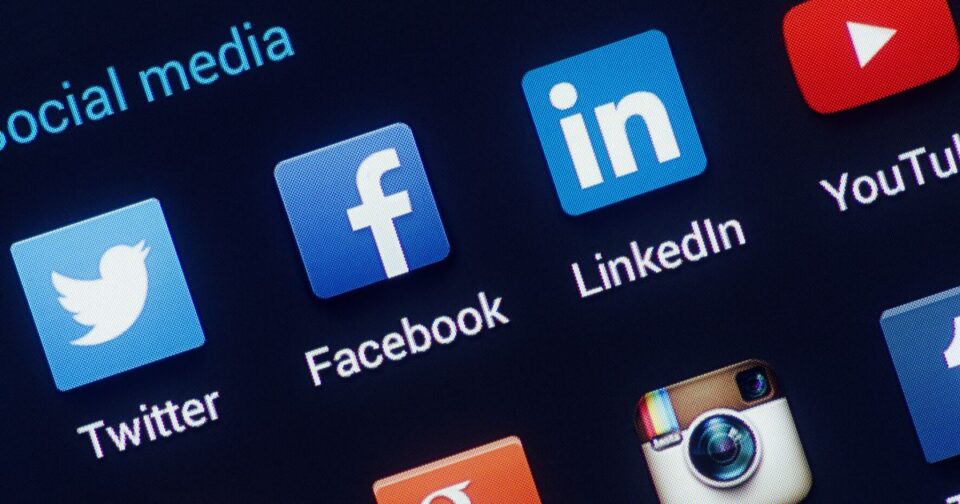In the age of social media, influencers have become powerful figures, shaping trends, driving consumer behavior, and creating online communities. However, the rise of influencer culture has also led to instances where these online personalities push boundaries, sometimes crossing ethical lines in the pursuit of fame and fortune. This phenomenon, often dubbed as “Influencers Gone Wild,” highlights the potential dangers of unchecked influence and the consequences that can follow.
The Rise of Influencer Culture
The concept of an influencer has evolved rapidly over the past decade. Originally, influencers were individuals with niche expertise or charismatic personalities who gained followings on platforms like Instagram, YouTube, and TikTok. Today, influencers come in all shapes and sizes, from beauty gurus to fitness coaches, from travel bloggers to tech reviewers. Their ability to reach and engage with millions of followers makes them valuable to brands looking to market their products.
The Power of Influence
Influencers hold significant sway over their audiences. Their recommendations can make or break a product, and their opinions can shape public discourse. This power is amplified by the trust their followers place in them, often viewing influencers as more relatable and authentic than traditional celebrities.
- Monetization and Sponsorships: Many influencers monetize their platforms through sponsorships, affiliate marketing, and brand partnerships. While this offers lucrative opportunities, it also raises ethical questions about the transparency and authenticity of the content they produce.
- Social Responsibility: With great power comes great responsibility. Influencers have the ability to inspire positive change, but they also have the potential to spread misinformation, promote unhealthy behaviors, or endorse questionable products.
When Influencers Cross the Line
Despite the potential for positive impact, there have been numerous instances where influencers have “gone wild,” engaging in behavior that is unethical, harmful, or even illegal. These incidents often attract significant media attention and can lead to a swift downfall for the influencers involved.
The Allure of Controversy
In the quest for more followers, likes, and views, some influencers resort to controversial tactics. These may include spreading false information, staging pranks that go too far, or engaging in risky behavior for the sake of virality.
- Clickbait and Fake News: Some influencers have been accused of using clickbait titles and spreading fake news to attract more views. This not only misleads their audience but can also contribute to the spread of misinformation on a larger scale.
- Risky Challenges: The rise of social media challenges has seen influencers promoting dangerous activities that can lead to injury or harm. These challenges, while often intended as entertainment, can have serious real-world consequences.
Ethical Breaches and Scandals
Influencer scandals are not uncommon. From promoting dubious products to failing to disclose sponsorships, these ethical breaches can tarnish an influencer’s reputation and erode the trust they have built with their audience.
- Undisclosed Sponsorships: Transparency is key in influencer marketing, yet some influencers fail to disclose when their content is sponsored. This deceptive practice not only violates advertising standards but also damages the credibility of the influencer.
- Promoting Harmful Products: Influencers have a responsibility to their audience to promote products that are safe and beneficial. However, there have been cases where influencers have endorsed products that are harmful or misleading, such as unregulated supplements or dubious financial schemes.
The Fallout from Missteps
When influencers go wild, the fallout can be severe. Losing followers, sponsorships, and credibility are just the beginning. In some cases, influencers may face legal repercussions or be permanently banned from social media platforms.
- Public Backlash: Social media is quick to react to influencer missteps. What begins as criticism can quickly escalate into a full-blown backlash, with calls for boycotts, unfollows, and even platform bans.
- Legal Consequences: Depending on the severity of the misconduct, influencers may face legal action. This could include lawsuits for defamation, false advertising, or even criminal charges in extreme cases.
Learning from the Downfall
While the stories of influencers gone wild can be sensational, they also serve as cautionary tales for others in the industry. There are important lessons to be learned about the importance of ethical behavior, transparency, and social responsibility.
Maintaining Authenticity and Transparency
To avoid the pitfalls of influencer culture, it is essential to maintain authenticity and transparency in all dealings. Influencers who are honest about their partnerships and stay true to their values are more likely to build long-lasting relationships with their audience.
- Building Trust: Trust is the foundation of any successful influencer-audience relationship. By being transparent about sponsorships and endorsements, influencers can maintain the trust of their followers while still monetizing their platforms.
- Ethical Content Creation: Influencers should strive to create content that is not only entertaining but also ethical. This includes avoiding the promotion of harmful products, being mindful of the impact of their words and actions, and prioritizing the well-being of their audience.
The Role of Platforms and Regulators
Social media platforms and regulators also have a role to play in curbing the excesses of influencer culture. By enforcing guidelines and holding influencers accountable, they can help create a safer and more ethical online environment.
- Platform Policies: Social media platforms must enforce their community guidelines consistently and fairly. This includes taking action against influencers who engage in harmful or unethical behavior.
- Regulatory Oversight: Government and industry bodies should continue to develop and enforce regulations that protect consumers from misleading or harmful influencer practices. This could include stricter rules around sponsorship disclosures and penalties for false advertising.
Conclusion
The phenomenon of “influencers gone wild” is a stark reminder of the power and responsibility that comes with social media influence. While influencers have the potential to create positive change, they must also be mindful of the ethical implications of their actions. By prioritizing transparency, authenticity, and social responsibility, influencers can build trust with their audience and avoid the pitfalls that have led to the downfall of others.

